Learn from your past, plan your future, without regrets & big expectations. Life is here & now. Enjoy – my life’s Motto
VERSES ON A SINGLE NIGHT*
Bhaddekaratta Sutta: An Auspicious Day MN 131, also in Ānandabhaddekaratta Sutta (MN 132), Mahākaccānabhaddekaratta Sutta (MN 133), and Lomasakangiyabhaddekaratta Sutta (MN 134)
*Translation is taken from the Chanting book used in Suan Mokkh IDH 10-day retreat
One ought not too long for what has passed away,
nor be anxious over things that are yet to come.
The past has left us, the future has not arrived.
Whoever sees the present dhammas direct and clear just as they are,
is unshakeable, immovable, secure. One should accumulate such moments.
The effort is the duty of today, even tomorrow death may come.
We are powerless to fend off Death and its great armies.
The Sages of Peace speak of that one who strives never lazy throughout the
entire day and night: “Praise the one who truly lives for even a single night.”
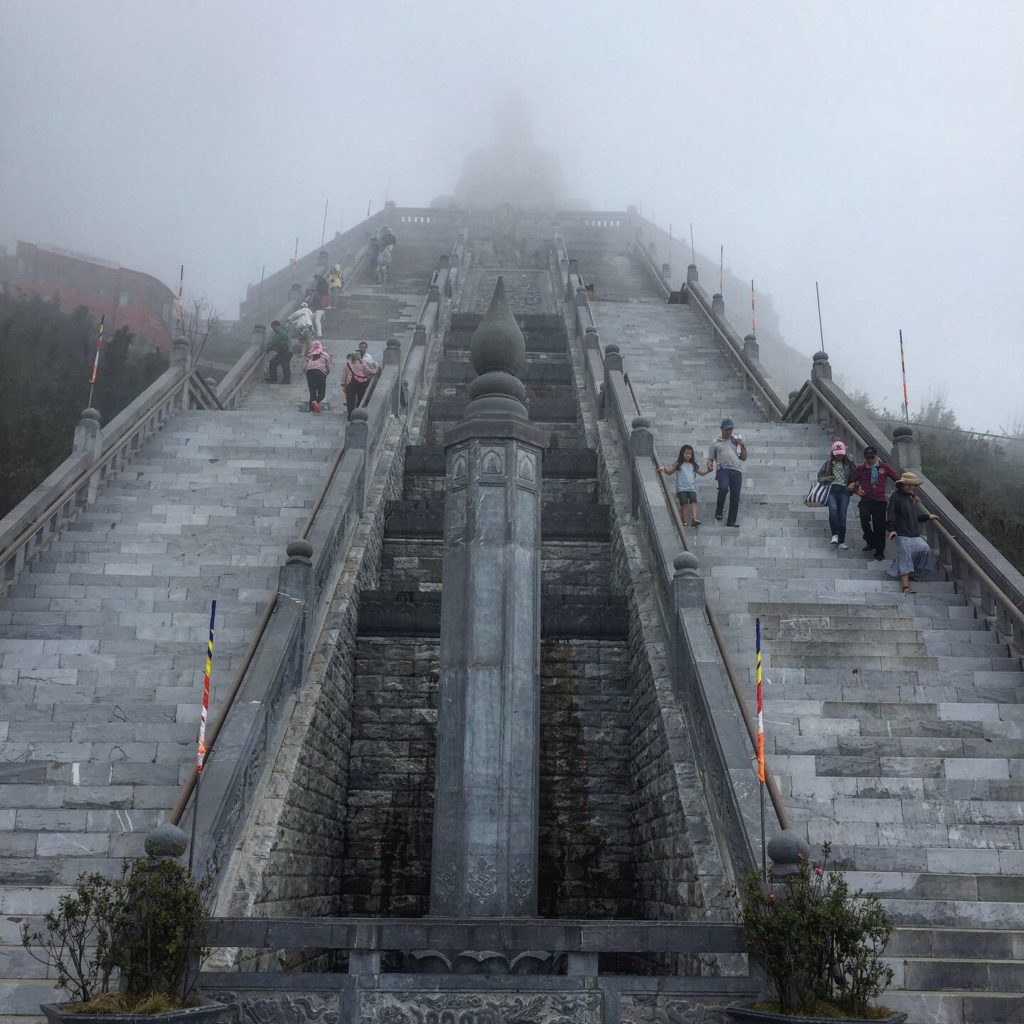
Life philosophy
For me, those verses are the essence of what my life philosophy is. Living in the present. Even before I was introduced to Buddhism, I thought that it is a little sense to delve over the past, which we cannot change. To learn from mistakes, sure, but to waste our precious energy to be sad, angry, or disappointed about something we did in the past was just not right. Also, one of my greatest enemies was my habit of projecting things that could happen, even if they are unlikely to happen. It took a lot of energy and discipline to get rid of this habit.
Of course, it is nothing wrong with planning for the future, but one must have a clear vision and not let himself be driven in endless possibilities than can occur. Plan and set your goals, but be ready to adapt and to embrace whatever life can throw on you. You will have a lot happier life. Isn’t happiness we all strive for (and rarely really achieve, but this is subject for another post).
My experience from the Suan Mokkh retreat teaches me that we all are able to see this truth and to train ourselves to live more in the present. Well, we really need to do that, because this moment will never repeat again, and if we did not live it truly, it is forever lost.
How to do it, the Buddhist way
The Bhaddekaratta Sutta teaches the importance of being mindfully present in life as life unfolds. The title of this Sutta means “an auspicious day.” An auspicious day in this context refers to a day that develops the understanding of Four Noble Truths, a profound understanding of Dukkha* and recognizing and abandoning all self-referential views rooted in ignorance of Four Noble Truths. The Buddha teaches the importance of not being distracted to the past or the future and to remain mindfully present with life as life occurs. Just living in the present.
In the way we live today, we spend a lot of time delving into the past, living in memories, or worrying about the future. We find it difficult to look at life we are living now, just like it is.
*(Dukkha can be translated many ways, most often as suffering, but I think the proper word is Un-satisfactoriness because it describes a broader variety of one’s feelings)
Mindfulness with meditation (Anapanasati)
We practice Mindfulness with meditation, focusing on our breath in order to help ourselves to develop mindfulness (Sati). Trough learning the Four Noble Truths we develop proper knowledge of how Dukkha arises so that Mindfulness can bring that proper knowledge. To make sure that it’s dealt with in the right way we need to learn how to live in the present moment.
Our goal must be to stay firmly in the present, experiencing the present moment clearly and attempting to do this more often and consistent as time goes on. Fulfilling this task will be troublesome, but if achieving true happiness and peace of mind is what we want, then this is the way we will need to live.
We probably won’t be able to achieve this for one whole day at first, but we try to do the best we can.
We practice first for a little while, for an hour, and in time even for the whole day. If we could live auspiciously for a day, it would be a praiseworthy achievement indeed.
Could our life become auspicious?
Can you remember even one day when your life has been ‘auspicious’? Probably not.
Memories, matters from the past, will come to disturb us and to break up our peace of mind. It will be the same as the future. Anyone who has exceeding expectations and ‘builds castles in the air’ won’t be able to experience a truly peaceful state of mind.
Future is yet to come
Hopes and expectations are upsetting emotions. We are taught to live in hope, to build upon our expectations, and to expect more and more. Life becomes a life lived in hope.
What we should do instead, when we need something, is to think and then act. We act with energy, mindfulness, and wisdom. We are now living in the present.
To maintain the mind correctly, we must learn that whenever we think, we do it carefully, fully, and correctly. After this stage, we act with mindfulness and wisdom and not with hope and expectation. If we act in expectation, our mind will be clouded, and we will not be able to think clearly. Disappointment will be inevitable, and we will be suffering.
Don’t live in the past
Don’t let things from the past to torment the mind. If we have made a mistake, let it stay in the past. Do not think about it, but try not to make the same mistake again. Apply what you learn from your mistake and deal with the problem correctly.
How should we act in the present? We cannot allow the past or future to distract us and to sidetrack easily. In that case, we won’t accomplish what we would like. We do our best to stay with our life that is happening here and now. Those who achieve this become calm and peaceful human beings. Accomplishing living that way for even one day would be a life-changing event.
All you need is just one auspicious night
When we think about the past we are suffering because even some past event was a happy one, it still disturbs us, we miss those moments, we want that feeling back.
Living in the present or living for one auspicious night by staying in the present and avoiding the past and future is something we can do. Whatever mind takes as an object is its present. When we calm the mind, the past and future don’t disturb it, and it stays focused on the present. When mind pays attention only in the present even for one day, for half a day, or one hour, then we are living that auspicious moment.
Accept things as they are (if you can not change them)
Some things bother you, and you can change them. Do it now. There are other things that you cannot change. Just take them as they are and learn how to live with them. Your delving in the past will not help you at all. When you accept things as they are, you will still be able to work out future actions. But now, in such a way that there wouldn’t be suffering or un-satisfactoriness (Dukkha). Now you wouldn’t get caught up in hope and expectation. You will think about how something should do, but it is not the only possible outcome.
You will then be free of false hope, craving and clinging. All of us, ordinary people, can live in the present without the kind of past and future that would be dangerous for the mind. The past then is only a record. Just memories that we can use whenever we need them. The future consists of just planning the things that we should do without the sort of hope and expectation that would involve desire.
Throughout Mindfulness with meditation (Anapanasati), we will practice accepting things as they are. When we see things as ‘just like that’ we won’t have desires towards them. For that moment, at least, we will be free from suffering. For us, there is no past or a future in the ordinary sense. This realization is the seeing of ‘just like that’ that is most useful.
Practice is everything
To accomplish at least one auspicious night, we need to practice. For one day or one night, we can live properly and auspiciously, while growing in Dhamma (Buddhist teachings). Practicing mindfulness with breathing (Anapanasati), even if not all the time, will mean that we are nearing our goal to live with peace in our mind and alignment with nature. Do not take our word for it. You need to practice and try for yourself. If it is working for you, as for many people so far, you will know whether this practice is genuinely auspicious and beneficial. You must be persistent and committed to your goal.
If you want to know more
If you want to learn more about things I write about, check out my books. See also what the goal of this web site is.
You can check out my other post about Mindfulness.
Enjoy reading!
I invite you to use all the resources I provided for you and to share your thoughts and comments.
If you like this post, please subscribe here, get FREE E-BOOK NOW, and get a notification when future posts are published. Also, share with your friends and Like on social media using buttons below.
Share
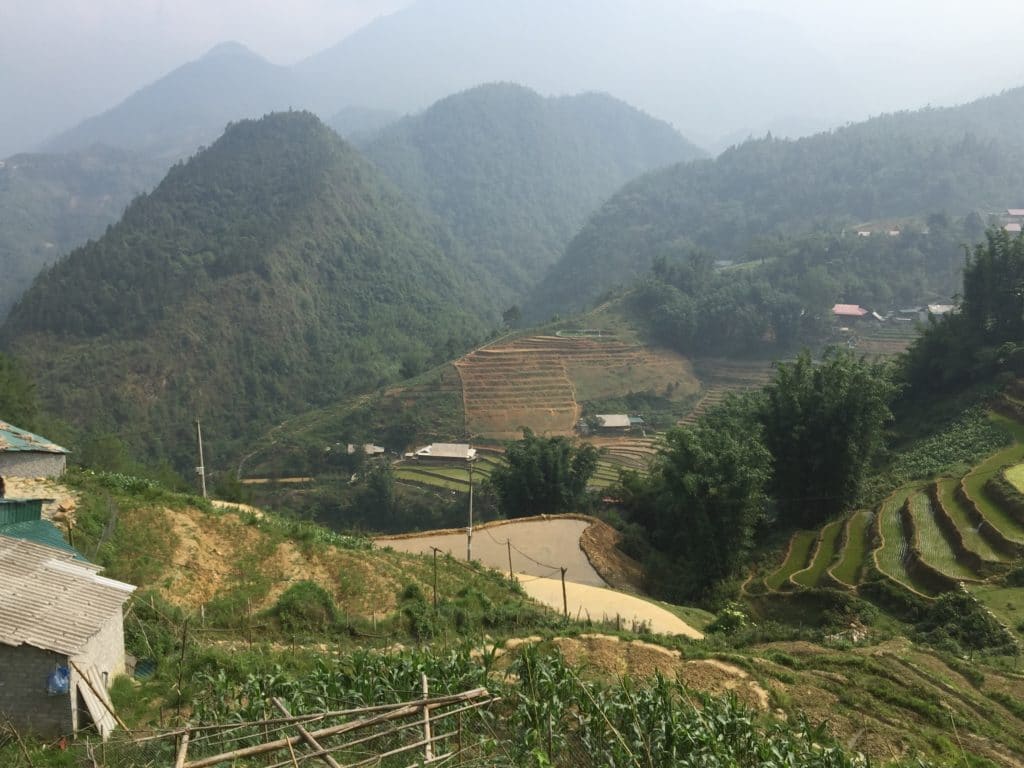
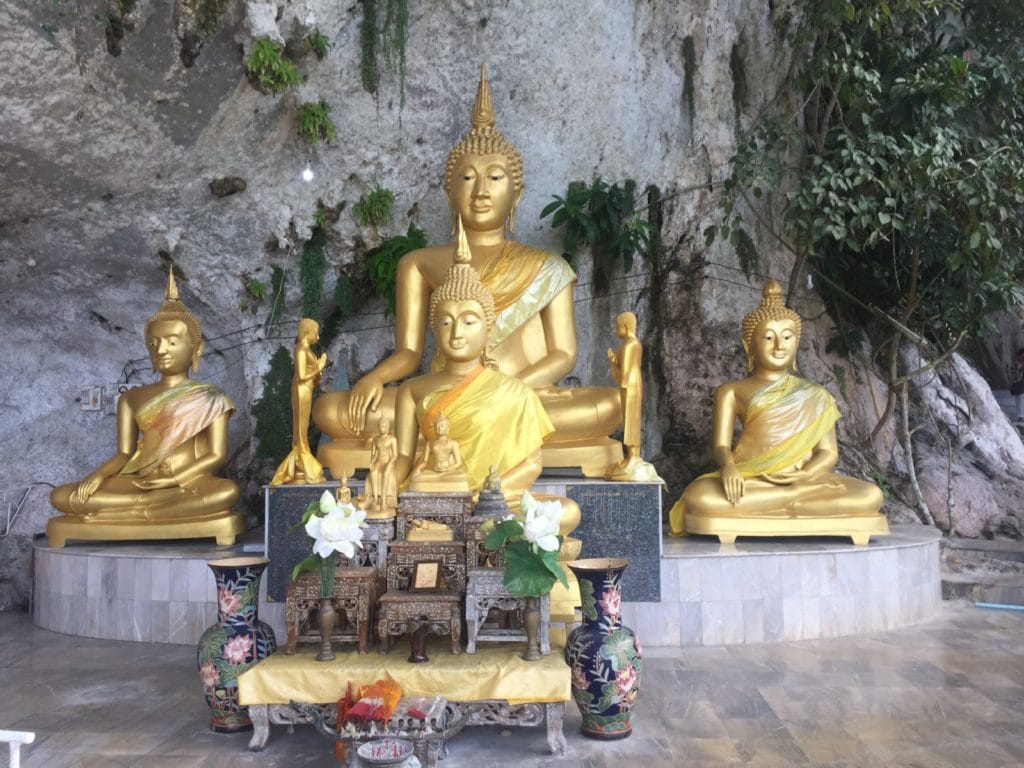
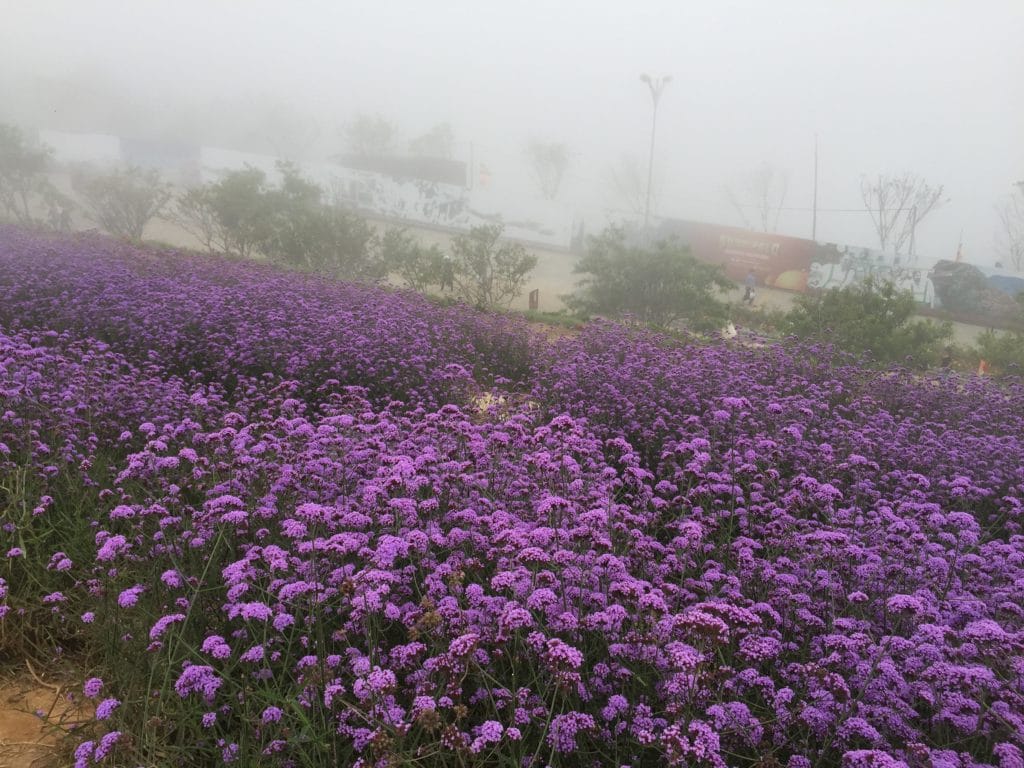
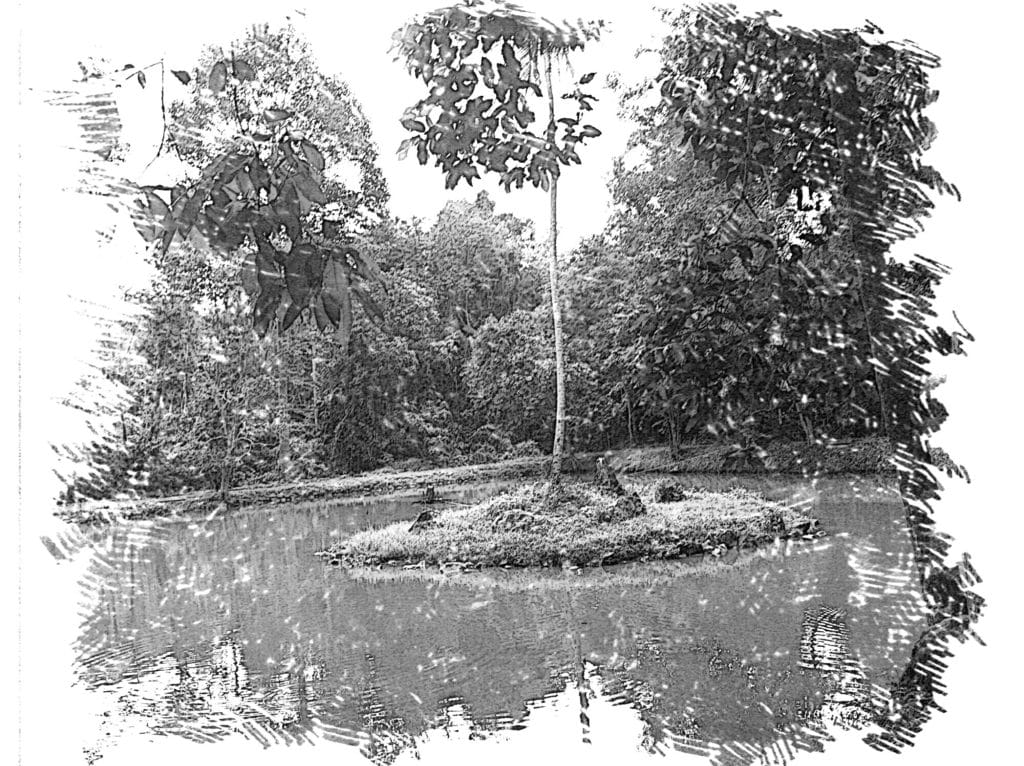
Pingback: Unsatisfactoriness and Non-Self – The Five Khandhas